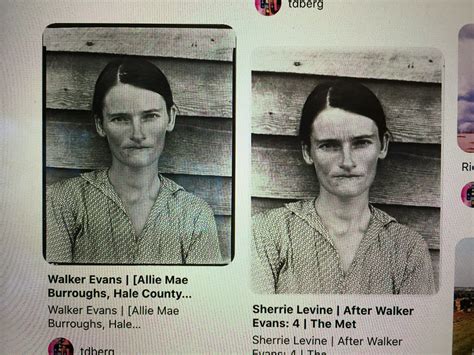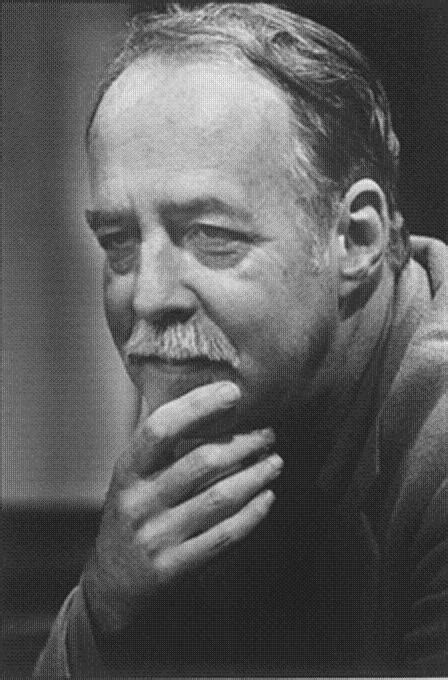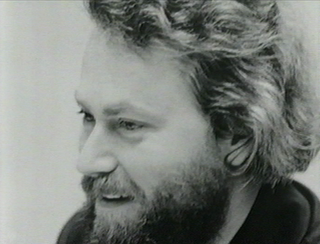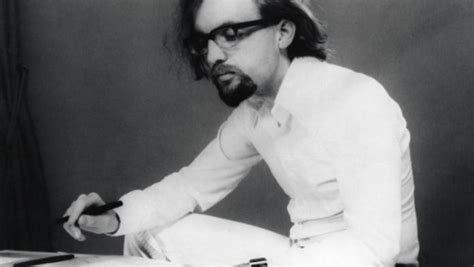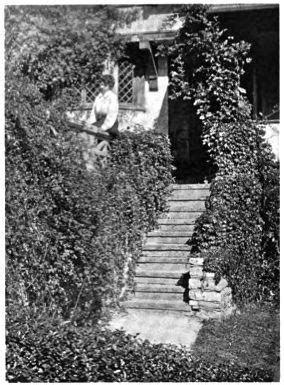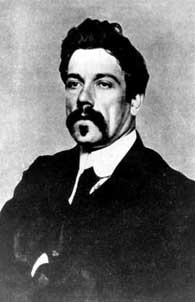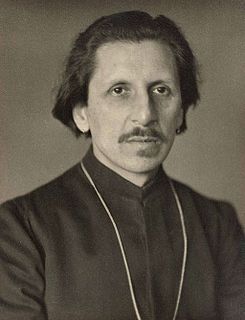A Quote by Joseph Conrad
There is a subtle and unmistakable touch of love and pride, beyond mere skill, almost an inspiration which gives to all work that finish which is almost art - which is art.
Related Quotes
...in spite of the deep-seated craving for love, almost everything else is considered to be more important than love: success, prestige, money, power-almost all our energy is used for the learning of how to achieve these aims, and almost none to learn the art of loving. Could it be that only those things are considered worthy of being learned with which one can earn money or prestige, and that love, which "only" profits the soul, but is profitless in the modern sense, is a luxury we have no right to spend energy on?
The complete and definitive work of art is created beyond one's individuality... ...The universal transcends such a level. Mere spontaneity has never created a work of art which possesses a lasting cultural value. The method leading to universal form is based upon calculations of measure and number.
I try to make art which celebrates doubt and uncertainty. Which provokes answers but doesn't give them. Which withholds absolute meaning by incorporating parasite meanings. Which suspends meaning while perpetually dispatching you toward interpretation, urging you beyond dogmatism, beyond doctrine, beyond ideology, beyond authority.
But before all else a work of art is the creation of love. Love for the subject first and for the medium second. Love is the fundamental necessity underlying the need to create, underlying the emotion that gives it form, and from which grows the unfinished product that is presented to the world. Love is the general criterion by which the rare photograph is judged. It must contain it to be not less than the best of which the photographer is capable.
A great deal of the joy of life consists in doing perfectly, or at least to the best of one's ability, everything which one attempts to do. There is a sense of satisfaction, a pride in surveying such a work, a work which is rounded, full, exact, complete in all its parts-which the superficial man, who leaves his work in a slovenly, slipshod, half-finished condition can never know. It is this conscientious completeness which turns work into art. The smallest thing, well done, becomes artistic.
The art and architecture of the past that we know is that which remains. The best is that which remains where it was painted, placed or built. Most of the art of the past that could be moved was taken by conquerors. Almost all recent art is conquered as soon as it's made, since it's first shown for sale and once sold is exhibited as foreign in the alien museums. The public has no idea of art other than that it is something portable that can be bought. There is no constructive effort; there is no cooperative effort. This situation is primitive in relation to a few earlier and better times.
What strikes me is the fact that in our society, art has become something which is related only to objects and not to individuals, or to life. That art is something which is specialized or which is done by experts who are artists. But couldn't everyone's life become a work of art? Why should the lamp or the house be an art object, but not our life?
Imagine it's 1981. You're an artist, in love with art, smitten with art history. You're also a woman, with almost no mentors to look to; art history just isn't that into you. Any woman approaching art history in the early eighties was attempting to enter an almost foreign country, a restricted and exclusionary domain that spoke a private language.




